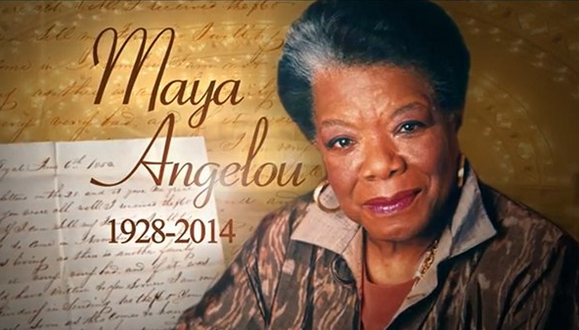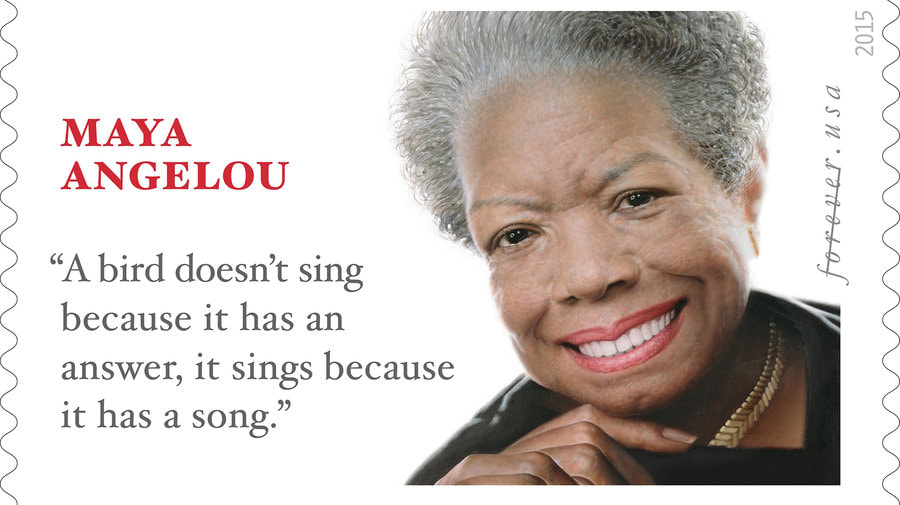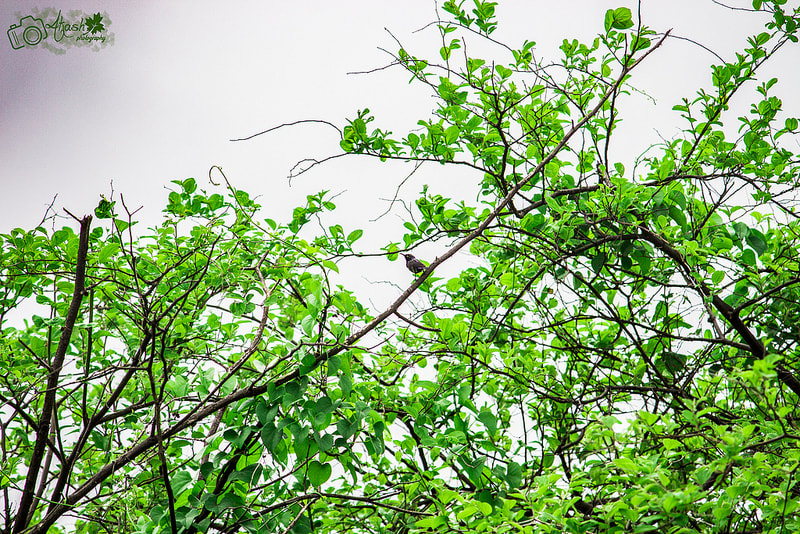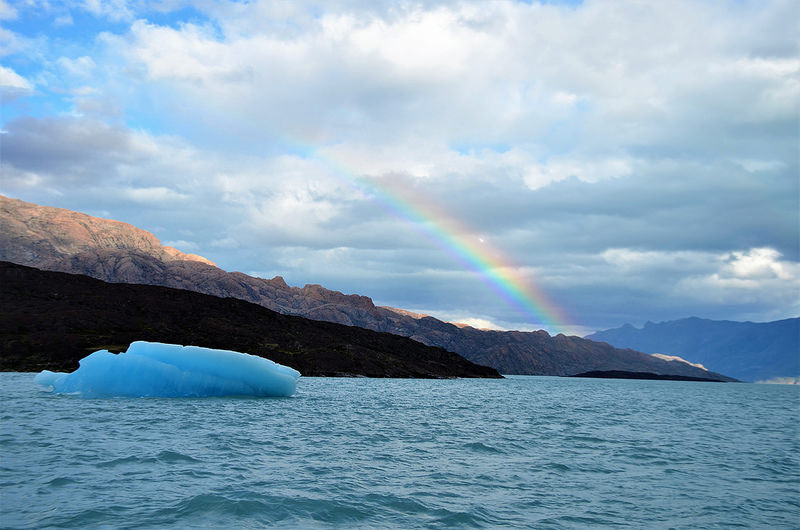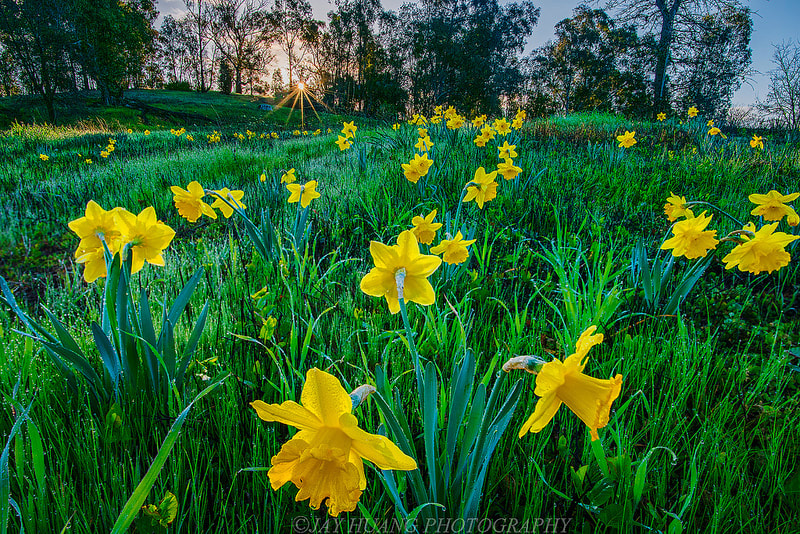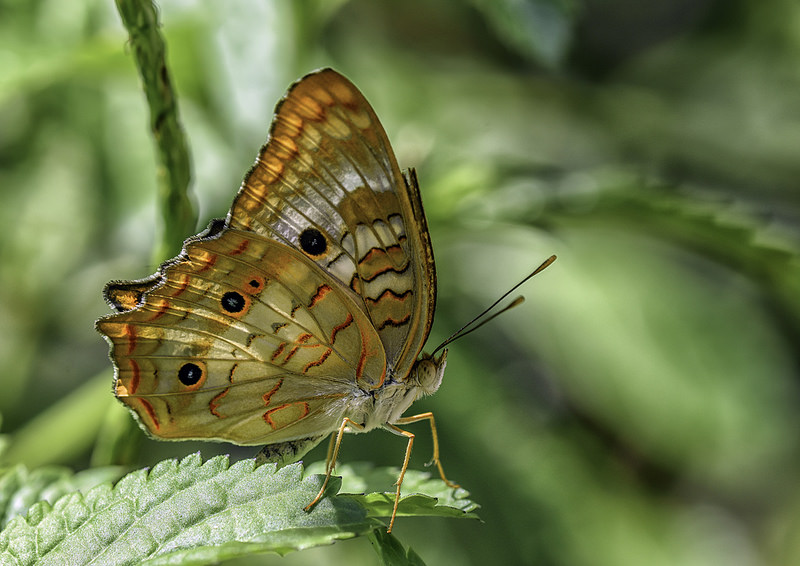Four Ideas to Live By
The Interfaith Theopoetics of Maya Angelou
|
The Interfaith Theopoetics of Maya Angelou
We in the Open Horizons (process) community sorely need artists who present our ideas more beautifully and persuasively, more cogently, than we do. Too often we "theologians" fall into metaphysical abstractions when we would be better telling stories, into the safety of philosophical subtlety when we would be better singing songs; or into conversations within a self-enclosed guild rather than hearing the voices of "others" in our ears. Aware of the problem, we turn to artists and poets to say what we wish we could say, and along the way we find our own perspectives deepened. These artists exemplify a way of doing theology we call theopoetics, as exemplified ini the work of ARC: A Creative Collaborative for Theopoetics. Maya Angelou had more than four good ideas. She had millions of them. But the four named below are a very good place to begin if you want to internalize the intuitions of Open Horizons (process) theology. And, happily, they are presented in ways that are available to people of many faiths and to people without any religious affiliation. Hers is an interfaith theology. We miss her and still she lives, her voice in our ears. (Jay McDaniel) |
Four Ideas to Live By
These quotes come from the "Master Class" series
which aired on the OWN network in 2011
|
We are all children of God: "If I think of my life as a class, and what I’ve really learned. I’ve learned a few things. First, I'm aware that I’m a child of God. It’s such an amazing understanding, to think that the “It” which made fleas and mountains, rivers and stars . . . made me. What I pray for is humility to know that there is something greater than “I”. And I have to know that the brute, the bigot, and the batterer are all children of God, whether they know it or not, and I’m supposed to treat them accordingly. It’s hard, and I blow it all the time."
We can be rainbows in other people's clouds: "Prepare yourself so you that can be a rainbow in somebody elses cloud; somebody that may not look like you, may not call God the same name that you call God, if they call God at all, you see? And may not eat the same dishes prepared the way you do, may not dance your dances, or speak your language. But, be a blessing to somebody. That’s what I think." We can stretch beyond the conditions of our birth: "If a human being dreams a great dream, dares to love somebody; if a human being dares to be Martin King, or Mahatma Gandhi, or Mother Theresa, or Malcolm X; if a human being dares to be bigger than the condition into which she or he was born—it means so can you. And so you can try to stretch, stretch, stretch yourself so you can internalize, 'Homo sum, humani nil a me alienum puto. I am a human being, nothing human can be alien to me.' That's one thing I'm learning." By letting the voices of others into our ears: "I am grateful to have been loved and to be loved now and to be able to love, because that liberates. Love liberates. It doesn't just hold—that's ego. Love liberates. It doesn't bind. Love says, 'I love you. I love you if you're in China. I love you if you're across town. I love you if you're in Harlem. I love you. I would like to be near you. I'd like to have your arms around me. I'd like to hear your voice in my ear. But that's not possible now, so I love you. Go.'" |
Plus More
Just Do Right, We are Capable of the Brutality and Love,
Our Words Heal and Harm, Love Liberates
|
|
|
On Music
Music was my refuge. I could crawl into the space
between the notes and curl my back to loneliness.
-- Maya Angelou
|
|
|
Music was my refuge. I could crawl into the space
between the notes and curl my back to loneliness.
-- Maya Angelou
